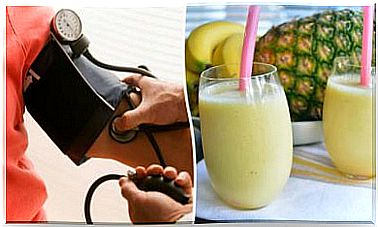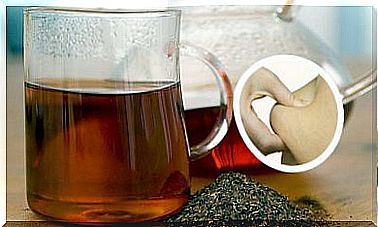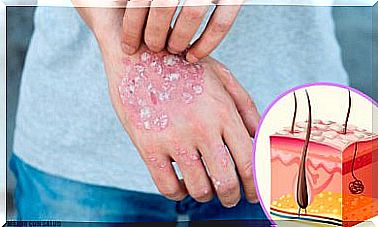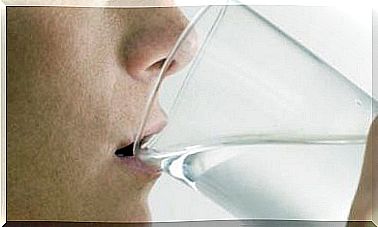Kidney Infection: Symptoms And Treatment
A kidney infection is a fairly common problem in the population worldwide. Generally, the discomfort manifests itself through intense pelvic and back pain, as well as a few tenths of a fever. Fortunately, this has a treatment.
Below we will tell you more about this disease and what are the guidelines you should follow if you have been diagnosed with it. But first of all, we will give you a hint: you should hydrate very well every day and give priority to the consumption of water over any other drink, even natural ones.
How does a kidney infection manifest and how does it affect?
Kidney infection is quite common within the world of infections. It can affect one or both kidneys. If this is the case, your kidneys will be inflamed, causing back and pelvic pain. In addition, as it is the place where urine is produced, you will notice differences in color and even smell.
A urinalysis can help determine the presence of infection. Observing leukocytes in it immediately indicates the presence of an infection, either of the urinary tract or of the kidneys themselves.

What are the causes of a kidney infection?
Mayo Clinic experts say that “bacteria that enter the urinary tract through the tube that carries urine from the body (urethra) can multiply and travel to the kidneys. This is the most frequent cause of kidney infections ”.
In addition to bacteria, other possible causes would be the following:
- Diabetes.
- Kidney stones.
- Cysts in the kidney
- Some kind of anemia.
- Genetic abnormalities.
- Infection in the bladder itself.
- Have a weakened immune system.
What are the most common symptoms?
- Fever.
- Sickness.
- Tiredness.
- Shaking chills.
- Loss of appetite
- Urge to urinate and burning to do so.
- Pain in the abdomen, lower back, or even the groin.
How is the treatment for kidney infection?
In the event that you are diagnosed with a kidney infection, it will be essential that you follow the treatment prescribed by your doctor. Only then can you improve yourself and prevent complications. Regarding treatment as such, experts from the National Institutes of Health (NIH) clarify the following:
What other measures must be taken into account?
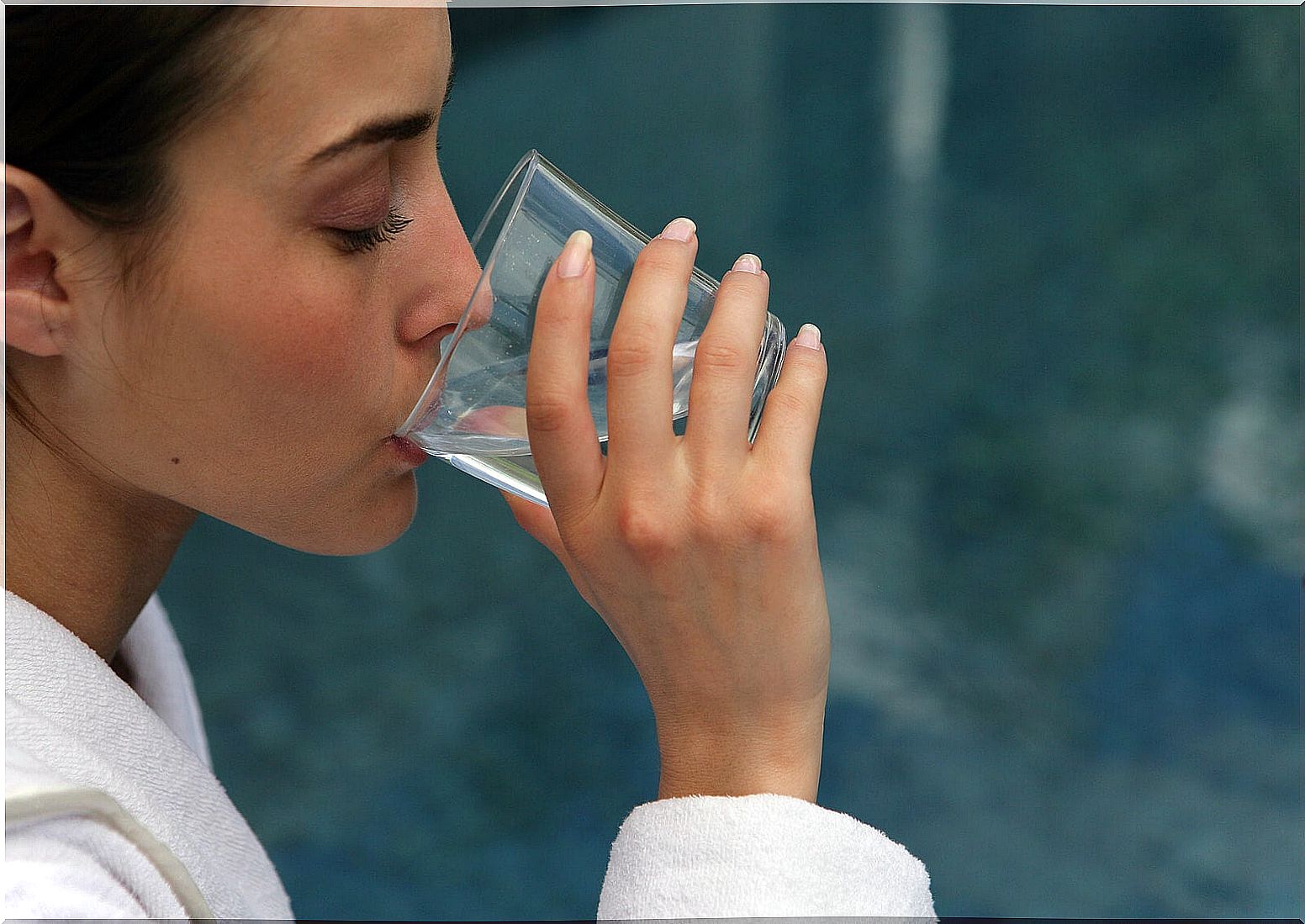
At the same time that the patient follows the medical treatment, they must maintain good lifestyle habits, especially with regard to their nutrition and hydration.
Good hydration will not only help promote improvement because it will allow the patient to urinate frequently and expel the pathogens that were lodged in their renal system, but also because it will prevent dehydration.
Other measures to take into account:
- Drink green coconut water or cranberry juice
- Take fruits and vegetables rich in fiber and water
- Go urinate every time you feel like doing it
- After urinating, always wipe from front to back
- Avoid consuming high amounts of sodium as well as sugar
- Snack on a celery or pineapple smoothie (as long as your doctor authorizes it)
- Avoid industrial drinks, even those that have the light or “zero” label
Last but not least, under no circumstances should pharmacological treatment be suspended even when improvements are noted. Only when indicated by the doctor, is it suspended. Otherwise, the recovery time may be further lengthened.
